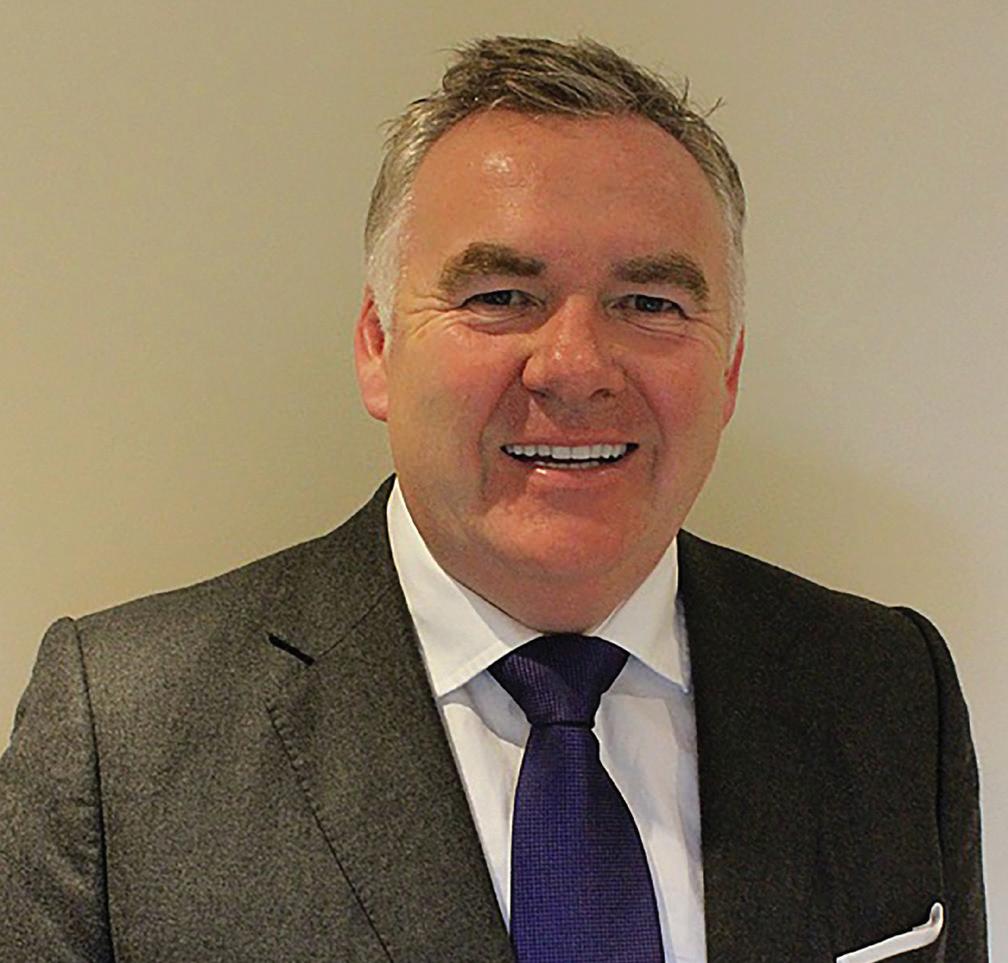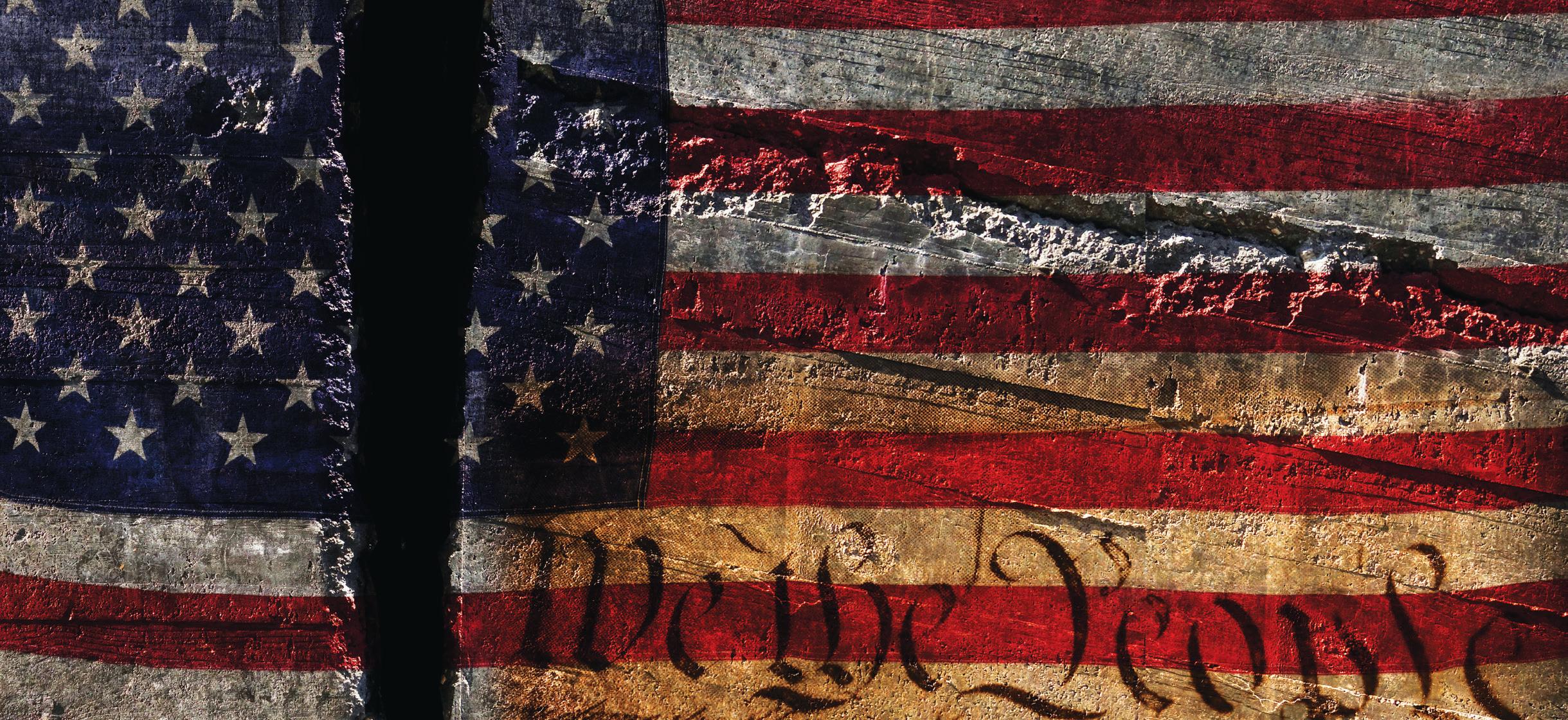DENSTONE GROUP
FOOD FOR THOUGHT Oliver Lovat, CEO and MD of the Denstone Group, a consultancy that focuses on customer-facing, asset-backed investments, including casinos, mixes unmet expectations and misplaced trust to cook up a cautionary tale for Las Vegas. A conversation that allegedly took place a couple of decades ago increasingly comes to mind when thinking about Las Vegas. It is said that when media mogul Ted Turner acquired World Championship Wrestling, he called up World Wrestling Federation CEO Vince McMahon and said, “Vince, I’m in the wrestling business.” “Good for you,” supposedly replied Vince, “I’m in the sports entertainment business.” Last September, at the height of the pandemic, I was part of a group of academics and professionals that set out to understand customer attitudes and behaviors related to a post-Covid Las Vegas. The group surveyed over 1,000 people and identified two clear attributes within the customer sample. A large majority of customers were eager to return within the next 12 months. However, for many, there was a concern that Las Vegas no longer represented good value, and they expressed the hope that Covid would force the city to return to that kind of appeal. Together, these two apparent non-sequiturs have given me pause for thought in recent weeks.
WHAT BUSINESS ARE YOU IN? This used to be a standard question that my MBA student groups asked when meeting gaming executives, and frequently the answer they gave would tell a lot about the company that they worked for. Responses ranged from big data marketing companies, to financial services businesses, to branded development operators and many more. The truth is that gaming companies are complex operational entities, but fundamentally they are all in the hospitality sector. Hospitality is about service, range and delivery of offering, high levels of customer engagement, developing environments that elicit an emotional response, and developing experiences that are memorable and engaging. As a further consideration, hospitality within Las Vegas is a highly competitive environment, so while tactical responses can deliver short term success, they are highly replicable and do not deliver sustainable competitive advantage. 34 GAMINGAMERICA
The clear goal of hospitality businesses is customer loyalty, as loyalty and location are the only drivers of strategic competitive advantage. Within a multifaceted business environment like Las Vegas, it’s clear that there are many different customers and many different types of loyalty.
A QUESTION OF LOYALTY John Bowen and Stowe Shoemaker, in their 1998 article in Cornell paper, Loyalty: A Strategic Commitment, note that customers are loyal for two primary reasons: benefits and trust. The accumulation of points in order to receive benefits, which I define as transactional loyalty, seeks to reward those customers who are the most valuable. It’s an incentive for the customer to spend, but there’s an element of pain to defect. A highly acclaimed industry figure once referred this to me as a bribery strategy and not a hospitality strategy. Nonetheless, it has been highly effective as a two-way platform to repeat business and capture customer










